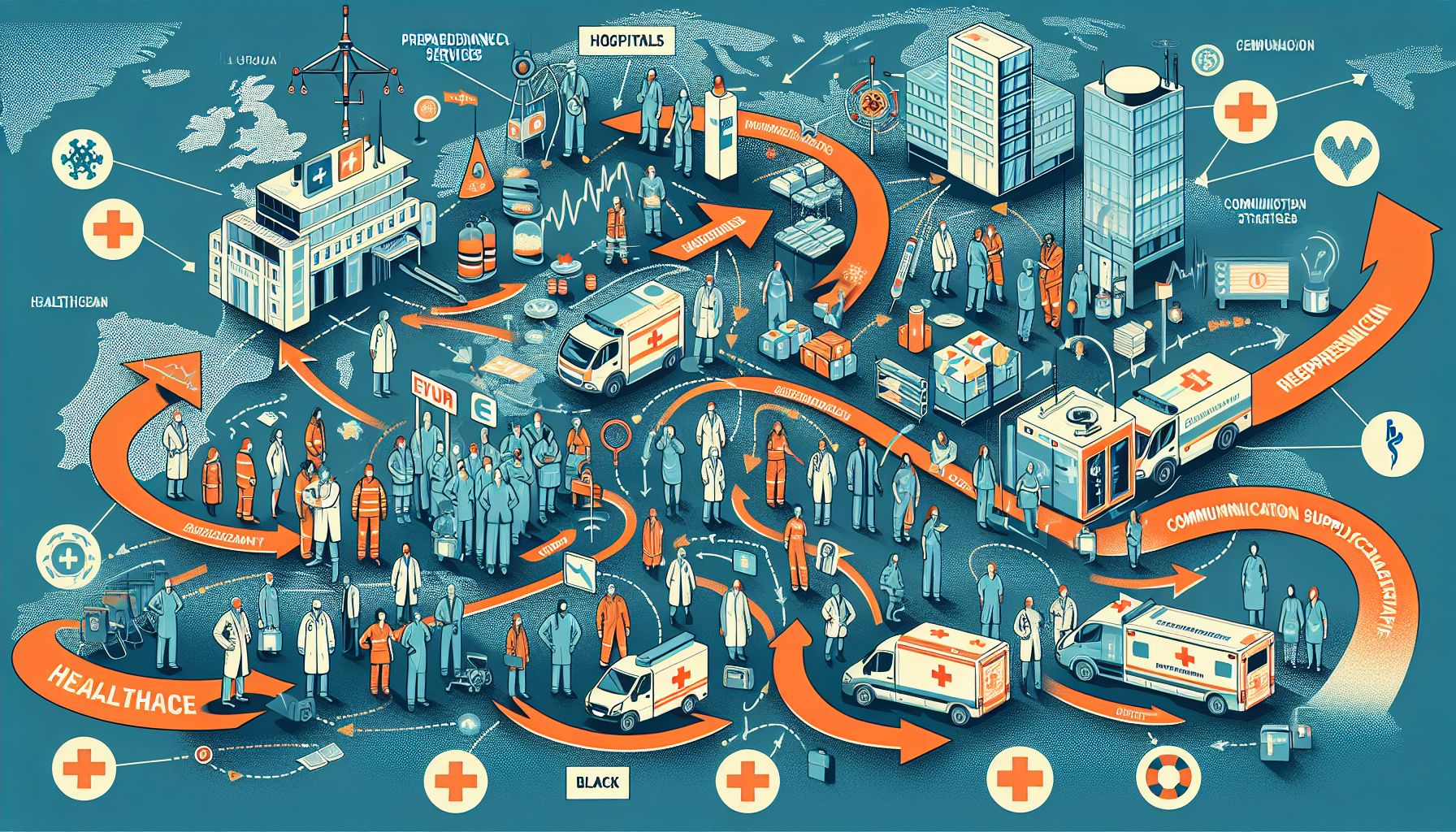
Preparedness and Response of European Health Systems: A Comprehensive Overview
As the COVID-19 pandemic continues to wreak havoc across the globe, the preparedness and response of European health systems have come under scrutiny. Health professionals, policymakers, and concerned citizens alike are watching closely to see how European countries navigate the challenges posed by this unprecedented crisis.
In terms of preparedness, many European health systems were caught off guard when the pandemic first hit. The rapid spread of the virus caught many countries unprepared, leading to a scramble to ramp up testing, secure personal protective equipment (PPE), and expand hospital capacity. However, as the crisis has unfolded, European countries have shown resilience and adaptability in their response efforts.
One of the key strengths of European health systems is their universal healthcare coverage. This has allowed for widespread testing and treatment of COVID-19 without the financial burden typically associated with healthcare in other parts of the world. Additionally, the presence of well-trained healthcare professionals has been instrumental in the response efforts, with doctors, nurses, and other frontline workers tirelessly battling the virus on a daily basis.
Policymakers in European countries have also played a crucial role in shaping the response to the pandemic. Governments have implemented strict lockdown measures, social distancing guidelines, and travel restrictions in an effort to slow the spread of the virus. These measures have been challenging for many citizens, but they have been essential in preventing healthcare systems from becoming overwhelmed.
As the pandemic continues to evolve, it is essential for European health systems to remain vigilant and adaptable in their response efforts. The emergence of new variants of the virus has added an additional layer of complexity to the situation, requiring countries to constantly reassess and update their strategies for controlling the spread of COVID-19.
In addition to the efforts of health professionals and policymakers, concerned citizens also have a role to play in supporting the response to the pandemic. By following public health guidelines, wearing masks, practicing social distancing, and getting vaccinated, individuals can help reduce the spread of the virus and protect the most vulnerable members of society.
Looking ahead, it is clear that the challenges posed by the COVID-19 pandemic will continue to test the preparedness and response capabilities of European health systems. However, by working together and remaining vigilant, there is hope that we can overcome this crisis and emerge stronger on the other side.
In conclusion, the preparedness and response of European health systems to the COVID-19 pandemic have been a mixed bag. While there were initial challenges, countries have shown resilience and adaptability in their efforts to control the spread of the virus. By continuing to work together and support one another, we can navigate these difficult times and emerge stronger as a result.



